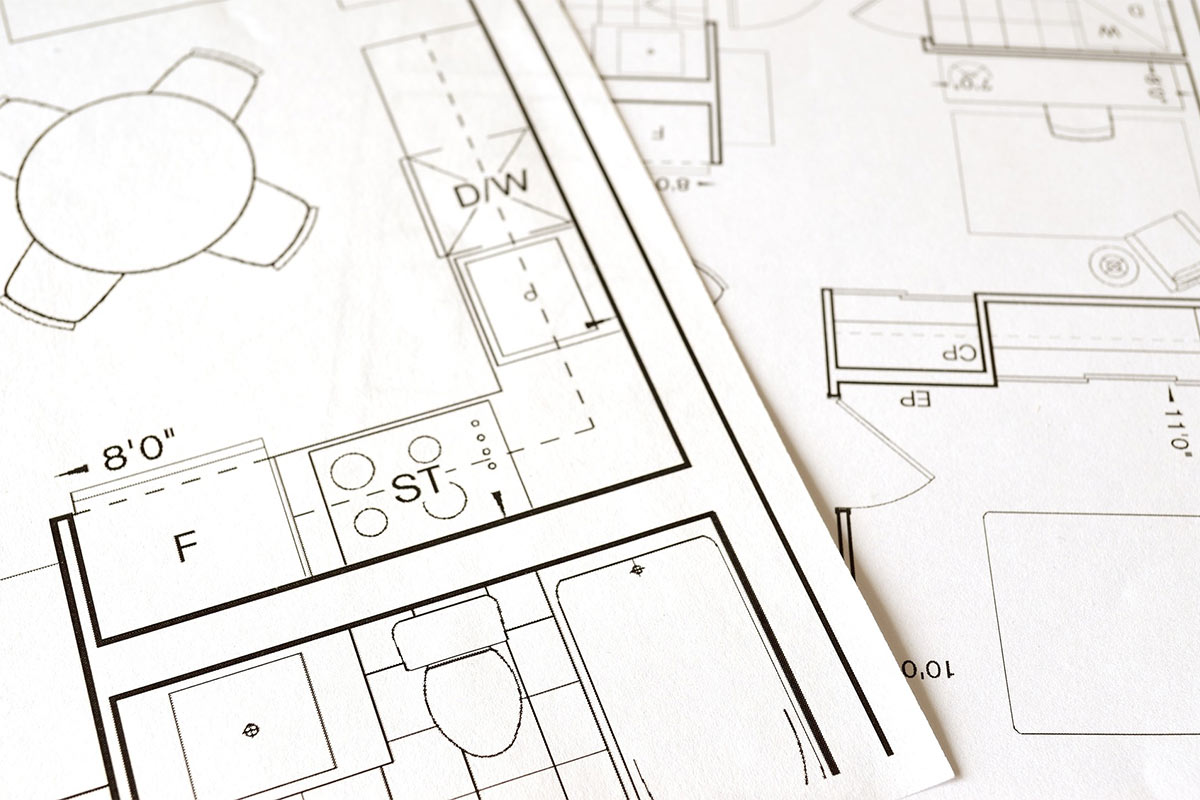
5 Things to Consider Before Building Your Home
Buying or renting a house just isn’t always enough. Often times you aren’t able to find the perfect home that really feels right. Sometimes the house isn’t aesthetically pleasing or the property isn’t built to your standards.
That’s when the idea of creating your own dream home sinks in. You begin to imagine all of the possibilities and scheme of actual plans. But hold your horses! Building a home takes preparation and some consideration as well. According to http://www.homebuilders.construction, numerous issues arise for new home builders when certain things are left until the last minute. Let’s explore some of these technicalities.
Amount of Property
One of the first things you need to know before building a home it’s how much area you have at your disposal. You want to make sure you have room for all of your grand ideas, like a swimming pool or three-car garage. Not only that, but your right to build, farm, to live on the land as you see fit end even your dog’s roaming privileges all stop at your property line.
If you haven’t already figured your property lines out, you can visit your county recorder’s or assessor’s office. Here you can ask for any public maps available of your neighborhood and street that you’re planning to build on. It’s a good idea to make a copy of one that shows clear dimensions of your property, this way you can use the map as a reference when measuring your property’s total area.
Foundation Stability
Footings (which anchor the home to the ground and support the foundation) and foundations (which carry the weight of your home) are the base of all buildings. Although foundations are made with numerous materials, reinforced concrete is now used in most homes. To do this, your contractor will erect wooden forms, install steel reinforcing bars between the form faces, then fill the forms with poured concrete. After the concrete sets, the forms are removed. Sounds simple, but this is a pivotal moment in home-building.
If you live somewhere prone to natural disasters, like tornadoes, hurricanes or earthquakes, you need to consider the foundational structure of your home. Think of your home’s skeleton and the kind of posts that will be used to keep your house sturdy and upright.
Creating a strong foundation for your home doesn’t mean just pouring some concrete down and calling it a day. Remember that a strong foundation includes the frame that holds your walls together and the roof over you and your family’s head. This protection will be your safeguard against the elements, so you want it to be lasting and hardwearing.
Permits Needed
In short, a permit is a legally sanctioned document claiming that you can build or renovate on a property. Without it, you have no legal rights to your operation and that could cause huge issues.
First, you’ll need to find out if you need to get them or if your contractors do. Although building permits for small construction projects are typically between $500 and $1000, and dwellings up to $2,000, getting one will cost you a lot less than a fine. Remember that when your home is built, you’ll need to have fire inspectors, plumbing and electrical technicians and possibly other officials to check the that the work is up to code. It helps to have a list ready for when this occurs.
Blueprint Accuracy
Look at any blueprints made for your endeavor and check them for accuracy. Your house’s blueprints can provide you with the most detailed information available, so unless you studied how to design blueprints or know how to draw them up, you’ll need a professional to help you.
You contractor will make sure that everything is created to the proper scale. You don’t want your house to end up with crooked ceilings or too-short doorways.
Hiring Contractors
Everything boils down to this moment: deciding your contractor. Your contractor will be your go-to person when it comes to constructing your dream house. They should know the ends and outs of their business and what you plan to have done. This can be a huge decision, so look into everything necessary.
- Work History
- Current Jobs
- Prices, Bids and Timelines
- Client Reviews and References
- Their Subcontractors
You’ve ironed out all the necessary chores and now it’s time to start building. Watch as your dream home erects in front of your eyes!

